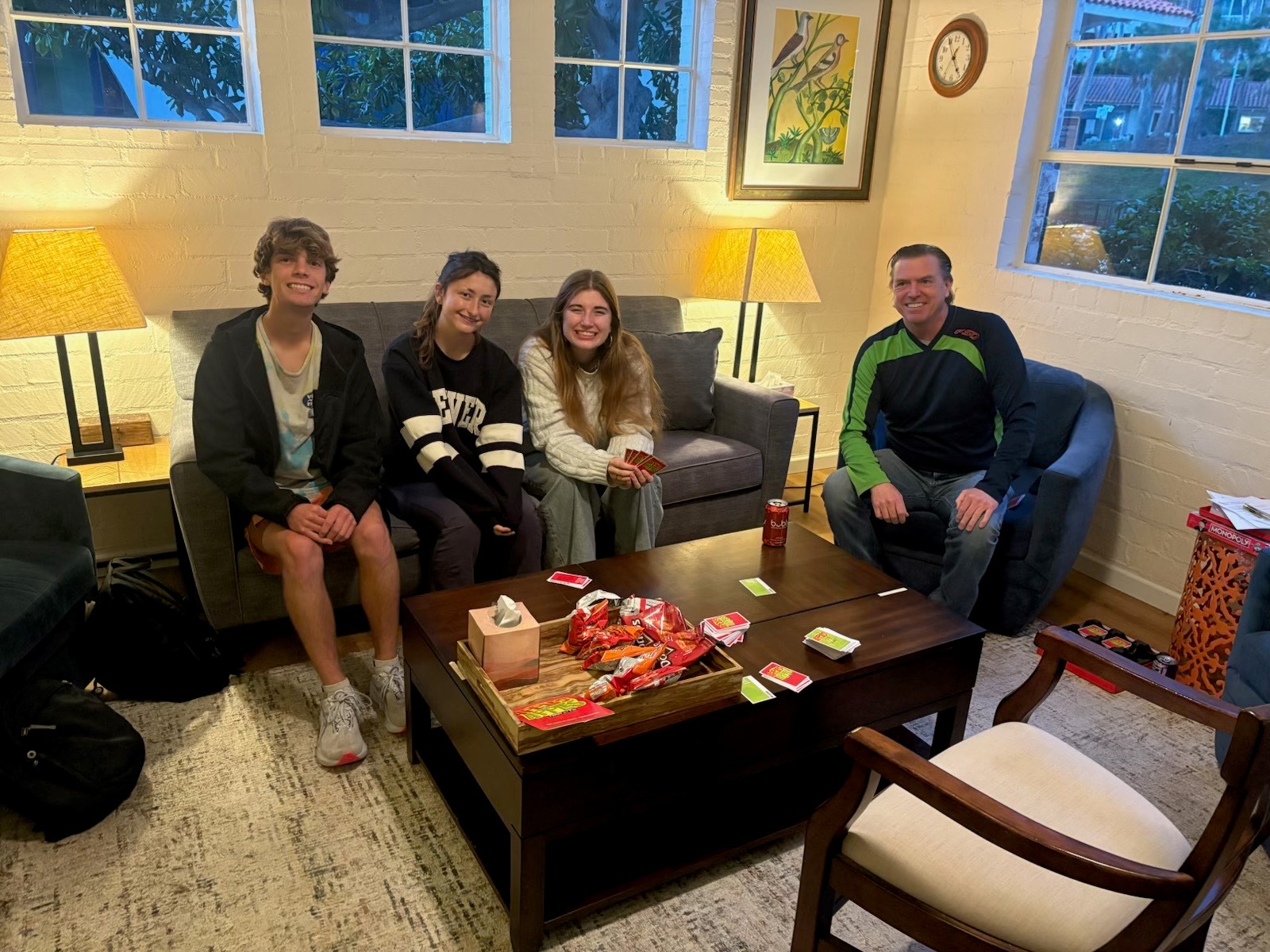
First of all, let’s dispense with the awkward full title, “Lee Daniels’ The Butler,” forced on the filmmakers by a disingenuous Warner Brothers Studio in a power play they should never have won. In 1916, Warner Brothers, well actually not them because they didn’t exist at the time, produced a short film entitled “The Butler.” Is there a soul living left on earth who has even heard of this 1916 film, seen it and/or would confuse it with this film? Hardly! Score another win, however, for the Weinstein Brothers as the public fight with Warner’s has kept their “Butler” in the entertainment news for weeks. But I digress.
“The Butler,” directed by Lee Daniels and written by Danny Strong, is a capable if rather stolid film that occasionally rises far above mediocrity leaving the viewer to wonder why this good film isn’t great.
“The Butler,” is inspired, but not, as they would have you believe, based on a now-famous 2008 article by the marvelous writer Wil Haygood (King of the Cats the fascinating definitive biography of Adam Clayton Powell and In Black and White: The Life of Sammy Davis Junior) about legendary White House butler Eugene Allen. “The Butler” tells the story of Cecil Gaines, the son of sharecroppers who, recognizing the ever present danger facing a black man in the south, escapes to the north where he becomes the quintessential server at increasingly upscale venues. Cecil has mastered the art of “two faces,” the “one that is ours and the one we show the white man.”
Plucked from the obscurity of an upscale private club in Washington D.C. where he serves the politicians of the day, Cecil is recruited to join the White House staff as a butler during the Eisenhower administration. Cecil is efficient, polite and an invisible witness to history. Long hours, the confidentiality of his work and his inability or unwillingness to communicate with his wife and elder son drives a wedge in his home life. His wife, Gloria, desiring inclusion and attention, neither of which she receives, looks for them elsewhere. His elder son, Louis, seethes with the anger of the disenfranchised and is ashamed of what appears to be his father’s unquestioning subservience. All three are on a collision course with history, leaving only younger son Charlie, as an adoring, unquestioning support to both parents.
“The Butler” travels a timeline from 1957 as Eisenhower tries to negotiate around Brown vs. the Board of Education; 1960 with Kennedy and his gradual conversion to the plight of the African American in the South; Johnson and his successes with Civil Rights legislation and failure with Viet Nam; Nixon, Ford and finally Reagan, who tries valiantly to undo all the Civil Rights legislation of the past but who also forwards the job issues of the underpaid black staff in the White House.
What keeps this panorama of history from bogging down entirely is Strong’s and Daniels’ portrayal of the parallel, vibrant and horrifyingly real civil rights events of the day using the character of Louis as he progresses from an intelligent and questioning youth to activist college student participating in boycotts, marches and freedom rides. Interspersing the narrative with actual footage of the horrors sustained by the civil rights workers in the late 1950s and 1960s, the juxtaposition between the reality for people of color with the glacial approach taken by the presidents until the Johnson administration is telling and chilling. The communication gap between father and son was made wider by Louis’s understanding and Cecil’s refusal to acknowledge how much is sacrificed when you are not your own man.
More linearly told, and therefore less effective, is Louis’s passing from follower of Martin Luther King to Black Panther to community activist. Louis’s presence at so many events and with so many of the important figures of the day has brought comparisons of “The Butler” to “Forest Gump.” This is not a good thing, no matter how much you love “Forest Gump” (and I don’t) because it removes the viewer from the important emotions that might otherwise be felt.
A plethora of fine and famous actors populate this film but the numerous cameos have you focusing on “who is that” rather than immersing you further in the issues. Making short appearances are Vanessa Redgrave, Mariah Carey, Lenny Kravitz and playing the various presidents are Robin Williams, James Marsden, Liev Schreiber, John Cusak and Alan Rickman as Ronald Regan (with Jane Fonda appearing as Nancy) making this seem more like “Your Hit Parade of Stars.”
Forest Whitaker is fine as Cecil, occasionally transcending the “witness to history” mode and showing depth and despair with some anger. Cuba Gooding Jr. is credible as the head butler, but not thoroughly engaging because he has been given the thankless role of surrogate uncle to Louis. Oprah Winfrey, as his wife Gloria, reminds us that she is a fine actress but the role created for her has been unduly inflated, no doubt because of her status, and often doesn’t contribute to the flow of the film. In relegating so much screen time to the drama of the domestic life of a domestic, Daniels and Strong have stretched their material too thinly and become mired in a melodramatic soap opera that undercuts the chilling and pointed message of human dignity.
Outstanding is David Oyelowo as Louis who lives and breathes the anger of the day as he tries to find a path that will illuminate not just him but also his fellow man. It is, however, Clarence Williams III, in the small role of an early service mentor to Cecil, who made me sit up and take notice. Williams is a commanding presence and one who makes you feel the carefully hidden internal anger that an intelligent, talented black man felt in being relegated to invisibility. Williams brings honesty to everything he does.
I still recommend this film, however, because there is a great deal that Daniels gets right. Trying to tell so many stories at once and hoping that they will dovetail is a gargantuan task. Trying to serve too many masters clearly interfered with the two parallel stories he did tell well.
Opening at multiple South Bay theaters on Friday August 16.








